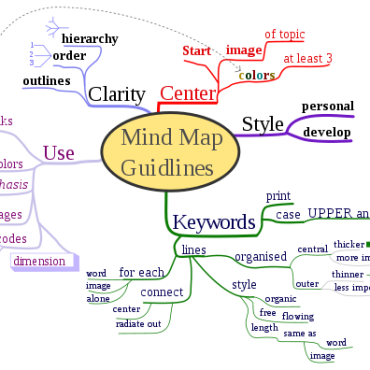- Healthcare
- Phan Chau Trinh University Hospital
- Phan Chau Trinh University Polyclinic
- TAM TRI QUANG NAM GENERAL HOSPITAL
- Tam Tri Hong Ngu International Hospital
- Tam Tri Cao Lanh General Hospital
- Tam Tri Đong Thap General Hospital
- Tam Tri Nha Trang General Hospital
- Tam Tri Sai Gon General Hospital
- Tam Tri Đa Nang General Hospital
Contact Admission
Schizophrenia is 80% hereditary
Schizophrenia is 80% hereditary
Up to four out of five schizophrenia cases are caused by genes inherited from the child's parents. By accessing the statistics on more than 30,000 twins, researchers have come up with the most accurate number that can help us find the cause and identify the gene that causes schizophrenic symptoms. .
Scientists at the University of Copenhagen, Denmark gathered information from Denmark's National Twins Registry, combined with data from the Danish Psychiatric Research Agency to come up with 31,524 twins. born between 1951 and 2000. Based on twins, researchers can determine whether a schizophrenic gene was inherited during conception or as a result of other environmental factors. Comparing traits found among the genes of twins (or dissimilar twins) can provide a clear indication of schizophrenia, whether it's caused by the gene. schizophrenia or something in the environment caused when a child is developing. Although the theory is, but biology is still a difficult problem, many factors are needed to reach a reliable conclusion. Finding a pair of twins that qualify for inclusion in the study is seen as a challenge for researchers. The neurological status of schizophrenia affects just under 5 out of every 1000 individuals, making it difficult to collect enough data on the twins. Consequently, the incorporation of the National Twin Registry of Denmark with the statistics has become a great way of doing research.
In 1998, the study of similar twins was conducted in Finland, the researchers used a small gene sample from the Finnish Population Register, which showed that the genetic possibility of schizophrenia was 83%. In 2007, another analysis conducted in Sweden found the gene that causes schizophrenia, in 67% of women and 41% of men. In efforts to get better statistics, researchers computed two estimates, one for the narrow definition, and the other for the "broad spectrum" disorder of schizophrenia. For the narrow definition, the researchers estimate, the gene responsible for schizophrenia is 79% of all cases. When the study expanded to people with schizophrenia, the number decreased to 73%.
"This study is the most comprehensive and comprehensive estimate of the genetic coefficient of schizophrenia and its diagnostic diversity," said researcher Rikke Hilker of the University of Copenhagen, Denmark. It is interesting because it shows that the genetic risk of the disease appears to be of almost equal importance in the schizophrenic spectrum. "The study also reported, at an average age of 28.9 The schizophrenia becomes significant enough to make the diagnosis. The study of twins are useful tools, based on the assumption that the twins reflect the same pattern of inheritance of the general population. How many national databases can generalize to other parts of the world The debate between natural genetics and diet often hides the complexity of disease and disability. even the inheritance of a gene can be complicated by the corrective effects of the parathyroid genes, or mutations of some cells that occur immediately. after conception.
Genes have been linked with schizophrenia in the past, and based on this research it will almost certainly be explored more in the future. These boundaries and definitions of a serious mental condition can be disturbed by surroundings, but whatever we call them, schizophrenic affected people will benefit. from knowing more about the underlying causes of schizophrenia.
Mike Mcrae 06.10.2017
Source:
Dr Nguyễn Hữu Tùng & partner
Other healthcare
- TAM TRI QUANG NAM GENERAL HOSPITAL ( 10:24 - 11/07/2023 )
- Tam Tri Cao Lanh General Hospital ( 15:08 - 20/10/2022 )
- Tam Tri Hong Ngu General Hospital ( 15:05 - 20/10/2022 )
- Phan Chau Trinh University Hospital ( 14:04 - 29/04/2022 )
- Phan Chau Trinh University Polyclinic ( 13:56 - 29/04/2022 )
- Tam Tri Dong Thap General Hospital ( 11:03 - 29/04/2022 )
- Tam Tri Nha Trang Genaral Hospital ( 10:55 - 29/04/2022 )
- Tam Tri Sai Gon Genaral Hospital ( 10:38 - 29/04/2022 )
- TAM TRI DA NANG -- PROUD TO BE YOUR FAVORITE HEALTHCARE PROVIDER ( 10:31 - 29/04/2022 )
- Development history of world medicine ( 11:44 - 13/10/2017 )








